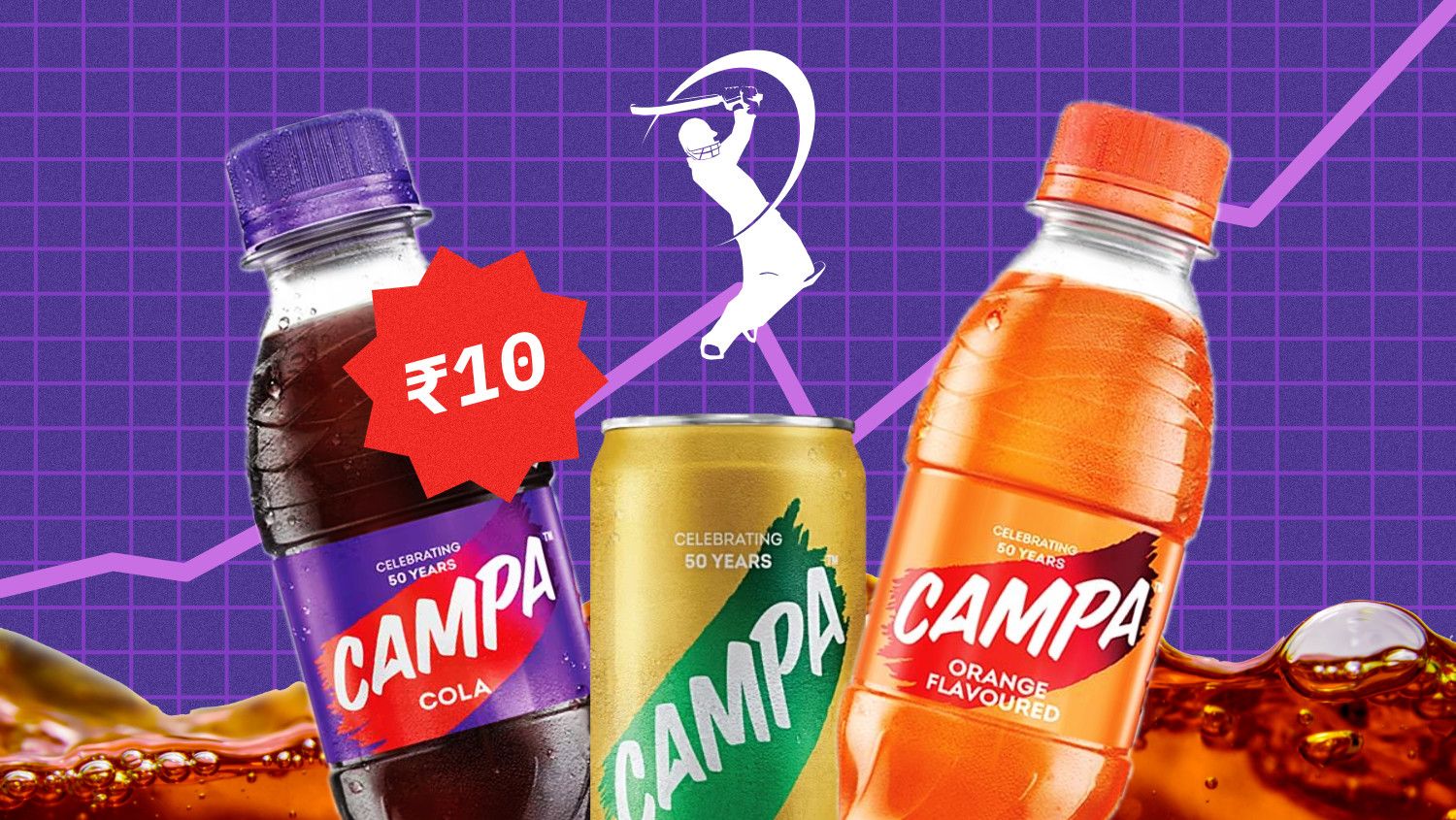Big diet examine aims to discover which eating plan very best fits your genes and intestine | Science

A significant new Nationwide Institutes of Health precision nourishment study will give some volunteers managed foods, like this one being organized by a dietician at the agency’s metabolic analysis kitchen.
Nationwide Institute of Diabetic issues and Digestive and Kidney Illnesses
There is no 1-dimensions-matches-all diet plan. If you want to steer clear of spiking your blood sugar with a snack, a banana may perhaps feel like a much better option than a sugary cookie. But some folks in a 2015 analyze of 800 Israeli volunteers obtained their biggest blood sugar spike from bananas or bread as a substitute of from sugar-laden baked goods. And as nourishment scientist Elizabeth Parks of the University of Missouri, Columbia, notes, “We all know people who eliminate excess weight simply, and some others who really do not.”
Now, the U.S. Countrywide Institutes of Health (NIH) is producing a significant thrust to fully grasp these unique variances. Last 7 days, the agency declared what it calls the premier research nevertheless to probe “precision nourishment,” a $156 million, 5-year hard work to analyze how 10,000 Americans process meals by gathering details ranging from continuous blood glucose concentrations to microbes in a person’s intestine.
The study “has the potential to really renovate the area of nutrition science,” creating new equipment, techniques, and “a wealth of info to gasoline discovery science for a long time to arrive,” Griffin Rodgers, director of the Nationwide Institute of Diabetic issues and Digestive and Kidney Illnesses (NIDDK), reported last calendar year at an NIH board assembly exactly where he released the job. Finally, it may well permit nutritionists to tailor diet plans to an individual’s genes and microbiome.
And it is aspect of a broader drive at NIH to increase nourishment science, a subject occasionally considered as “fuzzy” due to the fact “we are free of charge-variety eaters” and our meal plans are really hard to handle, notes Paul Coates, vice president of the American Modern society for Nutrition, who headed NIH’s dietary health supplements business office until finally he retired in 2018.
In May well 2020, NIH Director Francis Collins released the agency’s first-at any time 10-year strategic strategy for diet science, acknowledging the significance of diet plan in persistent diseases these as coronary heart illness and diabetic issues. The program aims to fold in basic disciplines these kinds of as neurobiology, examine the purpose of diet plan across the lifetime span, take into consideration how meals can provide as drugs, and elevate precision nutrition. The idea recognizes that how the human physique responds to foods relies upon on aspects from genetics to slumber routines, social environment, and intestine microbes. For example, the Israeli review that uncovered specific variances in the response to refined sugar vs . fruit showed the microbiome was mostly accountable.
Now comes NIH’s Diet for Precision Wellness, which will piggyback on All of Us, the agency’s large genomics and health examine that has entirely enrolled 272,000 of a prepared 1 million contributors, much more than 50% from minority groups. “We realized it would be a genuinely excellent fit” to just take advantage of the All of Us facts and infrastructure, states Holly Nicastro, a research coordinator and system director at NIH’s nourishment office environment.
Some 10,000 All of Us contributors who join the nutrition research will have on different screens to keep track of physical exercise, blood sugar, and extra file what they try to eat and stop by a clinic to take in a precise food and bear medical exams. A subset of up to 1500 will also adhere to 3 various eating plans at household or in the clinic, and then have the identical assessments. And 500 to 1000 volunteers will live at a medical middle for a few 2-week stretches though taking in three tightly managed eating plans. This sort of “feeding” scientific tests are the field’s gold standard, but their high price tag ordinarily keeps them modest. NIH has just lately done some in its scientific center to examine, for case in point, the effects of ultraprocessed food items, but they involved only 20 folks.
By gathering a broad assortment of personal data, from participants’ DNA makeup to their ZIP code, “we are removing a lot of that ‘noise’ that we experienced for decades, developed by the aspects that we were being not measuring before,” states Tufts College diet scientist José Ordovás who, with Parks, co-chaired a workshop last thirty day period to talk about the research. Artificial intelligence researchers will then use the gathered details to make models that forecast the most effective diet plan for an individual—an effort pioneered by the Israeli study, which spun off a business that made an algorithm to tailor weight loss plans for persons who are diabetic or striving to eliminate fat. A 2nd, 5-calendar year stage could examination people types in clinical trials.
NIH is now inviting proposals for review parts such as a knowledge center, medical centers, and a microbiome middle. The purpose is to commence enrolling volunteers by January 2023. “There’s so substantially excitement” about the review, Parks says.
She and other nutritionists also welcome other indicators of NIH’s new emphasis on nutrition. Its Office of Nourishment Exploration, after section of the NIH director’s business, was demoted years back to NIDDK. Very last month, Collins declared it has been restored. Coates hopes that will suggest a much larger staff—the office environment now has just 6 people—and a modest spending budget to cofund scientific tests with NIH institutes. “A good deal [of nutrition science] falls among the cracks,” he says—gaps he now hopes will near.







